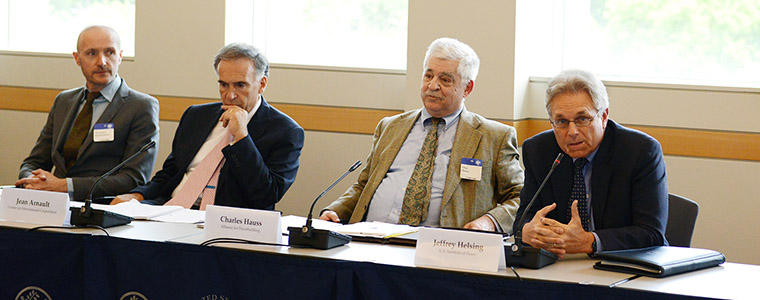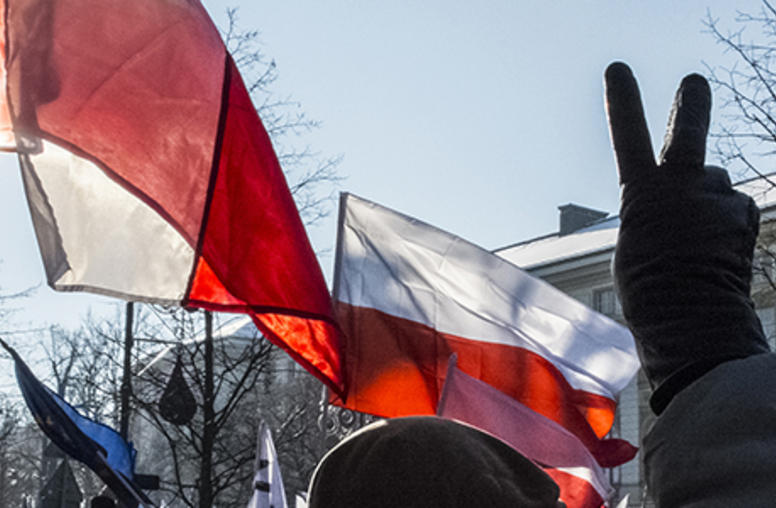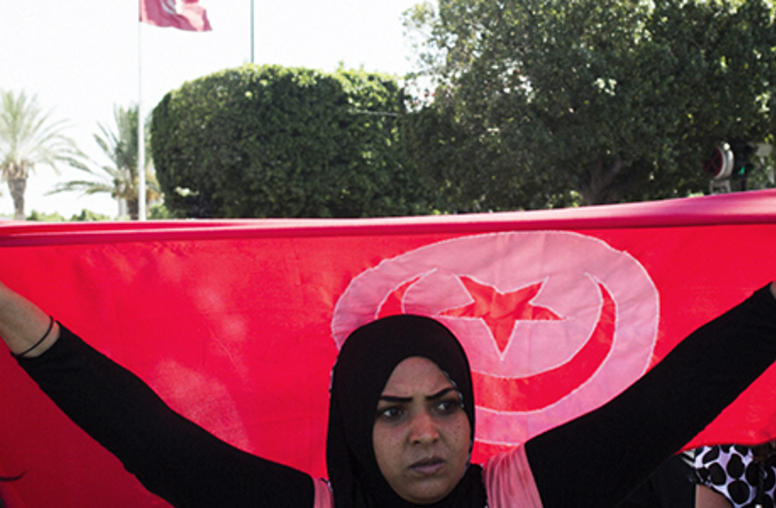ACCORD 25: Pursuing Peace through Legitimacy
Peace is about people. The legitimacy of a peace process – the extent of public support for it – helps determine the odds of success and how long peace will last. But legitimacy often is disputed, especially in situations of violent conflict, when political authority and leadership are being challenged. Legitimacy also varies based on context and circumstances.

ACCORD, a publication series of Conciliation Resources, presented its 25th installment, featuring first-hand case studies and expert analyses to map perspectives and experiences of a range of actors engaged in transitions out of violent conflict. Contexts covered in the publication include the Basque Country, Burma, Yemen, Somalia, Sudan, Fiji, Nepal, Syria, Afghanistan, El Salvador, Lebanon and Indonesia.
The United States Institute of Peace and the Alliance for Peacebuilding marked the launch of this new report by Conciliation Resources -- ACCORD 25 “Legitimacy and peace processes: from coercion to consent.” The launch event and panel discussion took place on Monday 23 June, 2:00pm-4:00pm at the United States Institute of Peace headquarters building in Washington D.C.
Speakers
- Alexander Ramsbotham
Head of Accord and Series Editor, Conciliation Resources - Jean Arnault
Accord 25 author; Professor of Practice, Sciences Po Paris; Special Representative of the UN Secretary General in Georgia (2006-08), Afghanistan (2004-06), Burundi 2000-01), and Guatemala 1997-2000) - Jeffrey Helsing
Associate Vice President, Academy for International Conflict Management and Peacebuilding, United States Institute of Peace - Charles "Chip" Hauss
Government Liaison, Alliance for Peacebuilding
The main publication and its accompanying policy brief can be accessed online. A recording of the event will be posted to this page soon.



